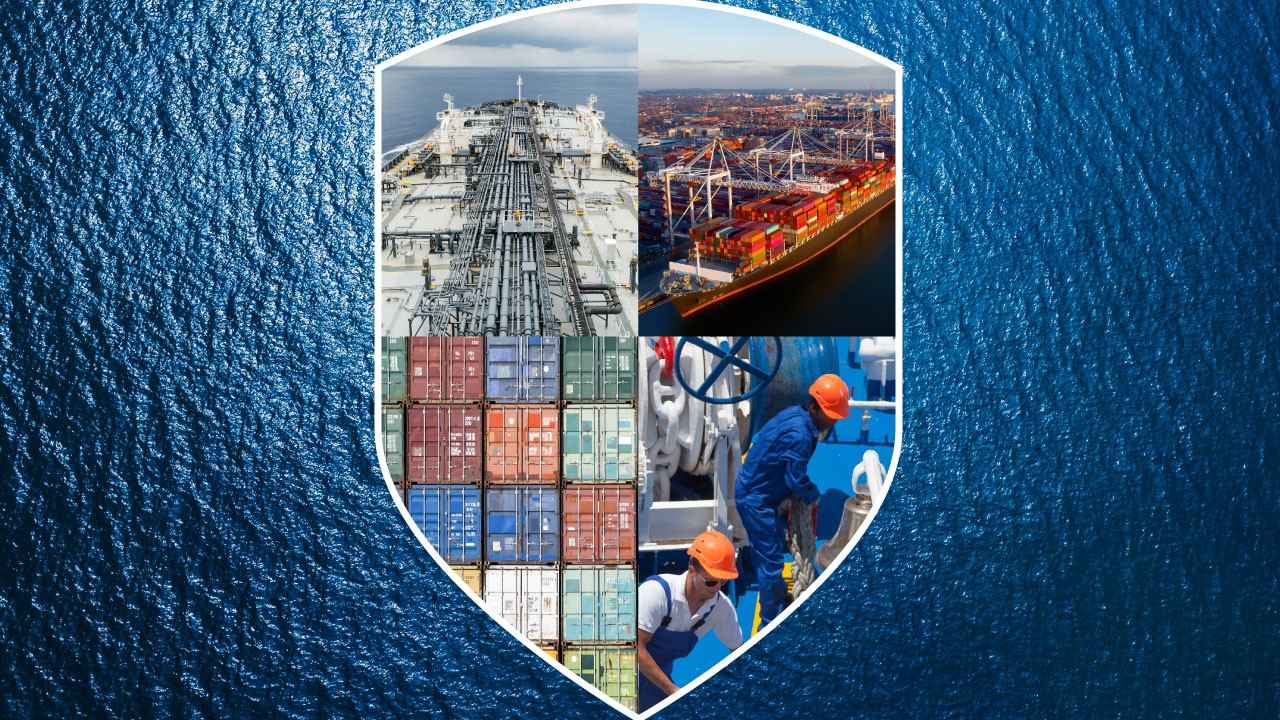Understanding ISPS Code: The importance of training
The International Ship and Port Facility Security (ISPS) Code is an essential protocol for the maritime industry. It’s a crucial aspect of ensuring safety and security in global maritime transport. If you’re just dipping your toe into this field, or perhaps looking to enhance your understanding, this blog post provides a comprehensive guide to ISPS Code training.
What is the ISPS Code?
The ISPS Code was adopted in 2002 by the International Maritime Organization (IMO). Its main aim is to establish an international framework involving cooperation between governments, shipping companies, and port authorities to detect security threats and take preventative measures against security incidents affecting ships or port facilities used in international trade.
The main objectives of the ISPS code are:
- To detect security threats and take preventative measures against security incidents affecting ships or port facilities used in international trade.
- To establish roles and responsibilities at national and international levels for ensuring maritime security.
- To ensure collection and exchange of security-related information.
- To provide a method for assessing security levels, risks, vulnerabilities, etc., and develop plans to address these areas.
What are the 3 security levels of ISPS Code?
The International Ship and Port Facility Security (ISPS) Code has established three security levels, each one corresponding to a different degree of risk. Here are the three levels:
Security Level 1 (Normal)
This is the level at which ships and port facilities normally operate. At this level, minimum appropriate protective security measures shall be maintained at all times.
Security Level 2 (Heightened)
This level applies when there is a heightened risk of a security incident. Additional protective security measures shall be maintained for a period of time as a result of heightened risk.
Security Level 3 (Exceptional)
This level applies whenever there is a probable or imminent risk of a security incident. Specific protective security measures shall be maintained for limited periods when a security incident is likely or imminent, although it may not be possible to identify the specific target.
Each level dictates different requirements for security measures and procedures on ships and in port facilities.
The Importance of Training
A thorough knowledge of the ISPS code is essential for anyone working within the shipping industry or related sectors such as cargo handling and ship supply services. Various roles require varying levels of understanding. For instance, Ship Security Officers must be fully trained on implementing the ship security plan while other crew members need a basic awareness of it.
ISPS code training improves awareness about potential threats against maritime operations and teaches how to mitigate them effectively. This results in safer sea transport, protecting personnel, vessels, and cargo from harm.
Key Elements in ISPS Code Training
Risk Assessment Techniques
This involves understanding how to identify potential hazards and risks associated with various activities at a port facility or on board a vessel. It includes assessing the likelihood of occurrence and possible impact.
Security Measures & Procedures
Trainees will learn about access control systems, surveillance methods, usage of security equipment & systems, procedures during periods of heightened risk or emergency situations.
Roles & Responsibilities
Understanding everyone’s role in maintaining security is fundamental. This includes knowing who is responsible for implementing security measures at the operational level all the way down to individual responsibilities about maintaining safety onboard or at port facilities.
Who Should Undergo ISPS Training?
All individuals involved directly or indirectly with seafaring should ideally undergo relevant ISPS code training – Ship Security Officers (SSOs), Company Security Officers (CSOs), Port Facility Security Officers (PFSOs), crew members, and even shore-based personnel dealing with ship-related operations can benefit from this training.
ISPS Online Courses by SQLearn
SQLearn’s online courses are designed to cater to the specific needs of professionals working in the maritime industry. Whether you’re a seafarer looking to refresh your knowledge on safety protocols or a shipping company executive aiming to stay updated with the latest regulations, ISPS Online Courses offer a convenient and flexible learning solution.
Company Security Officer (CSO)
Ship Security Officer (STCW SSO)
What sets these courses apart is SQLearn’s expertise in utilizing state-of-the-art technology to create interactive and engaging content. Through interactive modules, videos, quizzes, and practical exercises, learners can actively participate in their educational journey and reinforce their understanding of key concepts.
Another advantage of these online courses is the ability to learn at your own pace. With 24/7 access to course materials, individuals can study whenever it suits them best. This flexibility allows students to balance their professional commitments while still investing in their personal development.
Upon successful completion of each course, learners receive a certificate that validates their newly acquired skills and knowledge. This certification can serve as proof of competency for career advancements or as evidence of continuous professional development.






